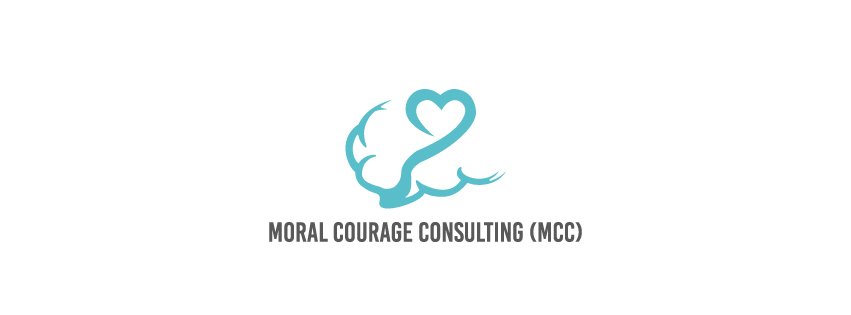When Doctors Suffer in Silence
Doctor’s suicide rates are highest of any other profession. In the U.S., more than one doctor dies by suicide every day. Between 300-400 physicians die by suicide every year in the U.S.
Physicians suffer more burnout (37.9) than the rest of the population (27.8).
Some of the reasons for burnout are:
Bureaucratic tasks
Long hours
Insufficient compensation
Computerization of health care
On the other hand, recent studies have found that more than burnout it was depression, substance-abuse, self-destructive tendency and impaired relationships that were associated with suicidal ideation. How do we explore the link between burnout and depression or burnout and substance-abuse?
Mental health issues are stigmatized in medical professions. Medical doctors are reluctant to seek help for mental health issues because of lack of confidentiality, damage to their professional career and repercussions to their medical licenses.
Initial state medical licensure applications and renewal forms commonly ask about mental illness history of medical doctors.
AMA Section Council on Psychiatry has urged state licensing boards NOT to inquire into history of mental illness or substance abuse treatment but to limit their questions to current mental illness and addiction.
While stakeholders may be burdened with ensuring that the public is protected from impaired physicians, high burnout and suicide rates among medical doctors call for a critical review of these policies. For a physician or resident to seek psychological services using their medical insurance, they need to have a psychiatric diagnosis to be reimbursed for the services they receive.
Are there specific diagnoses that would be deem physicians to be “unfit to practice?”
How can non-discriminatory and non-stigmatizing mental health services be provided to residents and physicians?
How can professional ethical principles of respect for autonomy, non-maleficence, justice can be reflected in serving the community of medical health professionals so that doctors are cared for and suicides are prevented?
It is without a doubt that justice, respect for autonomy and non-maleficence are crucial values to uphold.
Can we uphold ethics of justice along with ethics of care?
Care based ethics can be integrated to justice and rights based paradigms, after all, “…we might, that is, defend the need to retain a sturdy rights conception within ethics, but affirm at the same time the need for an ethics more demanding than the ethic of justice.”
